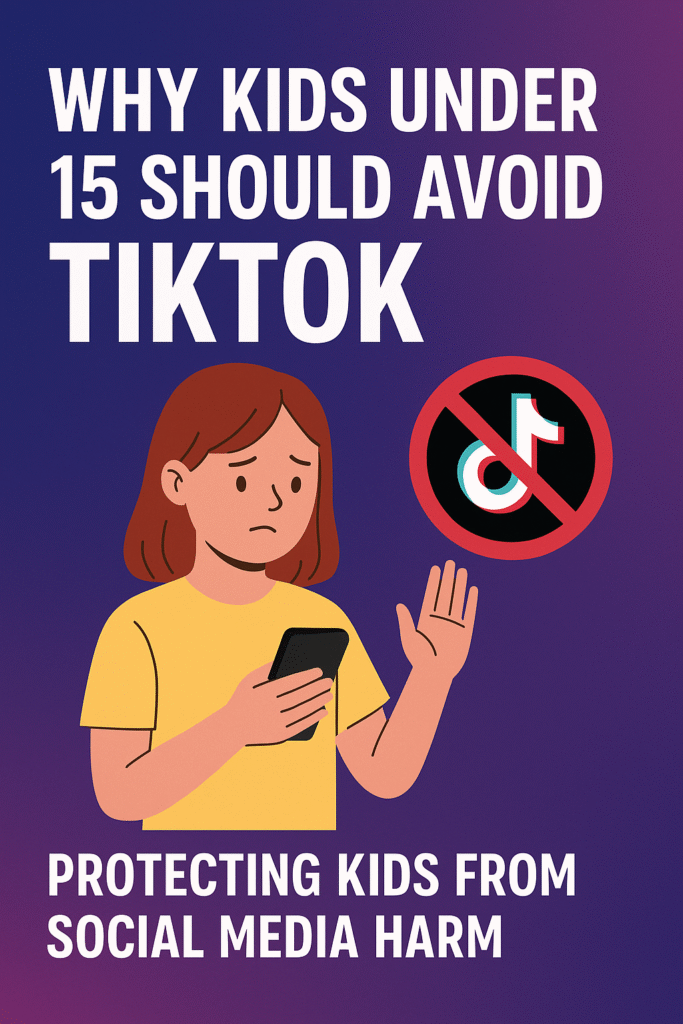In today’s hyperconnected world, social media is a central part of our lives — from sharing moments to discovering new ideas. But as the digital landscape expands, concerns about its impact on mental health, especially among children, are growing louder.
Contents
Why Digital Well-being Matters
For children and teenagers, social media platforms like TikTok and Instagram offer opportunities to socialize and express themselves. However, excessive or unregulated use can have serious consequences. Studies have shown links between heavy social media use and mental health issues such as anxiety, depression, panic attacks, and disturbed sleep patterns — especially in young users whose brains are still developing.
The Dutch Government’s Advisory: A Protective Step
Recognizing these risks, the Dutch government has issued a strong advisory recommending that children under the age of 15 avoid using TikTok, Instagram, and similar social media platforms. This policy is not about banning technology but about protecting children from potential harm during their critical developmental years.
The government’s stance reflects an urgent call to parents, schools, and caregivers to take an active role in managing children’s screen time and online exposure.
What Does This Mean for Parents and Caregivers?
- Open Conversations: Talk with your children about the content they see and share online. Encourage honesty about their online experiences and feelings.
- Set Healthy Boundaries: Create clear rules around social media use, including time limits and device-free zones, such as during meals or before bedtime.
- Model Responsible Use: Children learn by example. Demonstrate balanced technology habits yourself.
- Educate About Risks: Help children understand privacy, cyberbullying, misinformation, and how to seek help if they feel overwhelmed.
The Role of Schools and Communities
Schools can play a crucial role by integrating digital literacy into curricula — teaching students not only how to use technology but also how to navigate its risks safely. Communities can support parents through workshops and resources focused on digital well-being.
Moving Forward Together
The Netherlands’ advisory serves as a reminder that digital technology, while powerful and beneficial, requires mindful use—especially for young, vulnerable users. It is a call to action for society to prioritize mental health alongside technological progress.
By staying informed, setting healthy boundaries, and fostering open communication, we can protect the next generation and help them enjoy the benefits of digital life — safely and positively.









